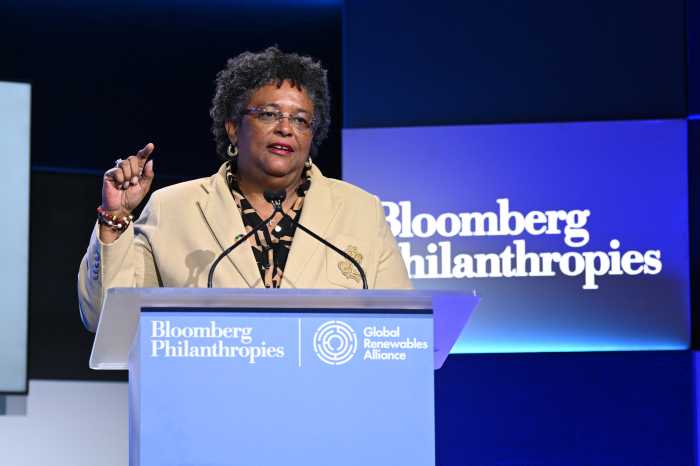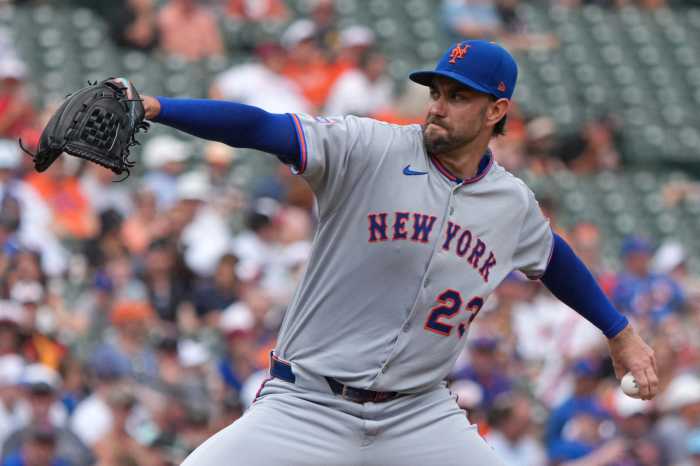By Nelson A. King
In the face of the Trump administration’s increased targeting of Caribbean and other immigrants in the United States, New York Gov. Andrew Cuomo has granted pardons to 18 immigrants facing deportation and immigration challenges.
Cuomo said on Thursday that the pardons are granted to “18 individuals who are contributing members of society and face the threat of deportation and other immigration-related challenges as a result of previous convictions.”
The governor also pardoned 39 individuals who committed misdemeanors and non-violent crimes when they were 16 or 17 years old and have been crime-free for 10 years or more.
In addition, Cuomo granted commutations to two individuals, “who have demonstrated substantial evidence of rehabilitation and a commitment to community violence reduction.
“These New Yorkers have proved their rehabilitation, in some cases for decades, but have been unable to gain legal status or fully reenter society due to the stigma of conviction,” Cuomo said. “While the federal [US] government continues to target immigrants and threatens to tear families apart with deportation, these actions take a critical step toward a more just, more fair and more compassionate New York.”
Cuomo further said the pardons granted to the immigrants were “to reward their rehabilitative efforts and to remove the barriers that their criminal records present to their immigration status.
“Some are facing deportation, while others wish to be able to participate in their communities as citizens of the country they call home,” he said. “In each case, a pardon will make immigration-related relief possible, if not automatic. Every recipient has given back to their communities and families in a variety of ways, and has demonstrated a substantial period of crime-free, good citizenship.”
Among those pardoned was Freddy Perez, 53, a Dominican Republic national, who was convicted of criminal sale of a controlled substance in the third degree and attempted criminal sale of a controlled substance in the third degree in 1993.
Since then, Cuomo said Perez has worked as an electrician and has taken care of his autistic younger brother, adding that Perez hopes to adjust his status to that of U.S. citizen.
“With a pardon, he can achieve this goal, as well as exercise guardianship over his brother,” Cuomo said.
He said pardons were granted to other immigrants living in New York who were convicted of non-violent crimes, have lived crime-free for 10 years or more, and whose convictions have jeopardized their legal ability to reside in the U.S.
“These pardons will grant a chance at American legal residency to those who are parents of young children, caregivers to elderly parents and disabled spouses, small business owners, community board members, civic leaders, and those with serious health conditions — all productive people working for the betterment for those around them,” Cuomo said.
“For those facing deportation, while a pardon may not automatically remove the grounds of removal, it is a necessary predicate to regaining the right to remain here in the country they call home,” he added.
Anthony Thompson, faculty director of the Center on Race, Inequality and the Law at New York University School of Law in Manhattan, and Clinical Professor of Law, commended Cuomo for using his Constitutional power of clemency to take on some of the critical issues of the day.
“Deportation is an outsized punishment for prior criminal convictions when people serve their sentences and go on to become longstanding, law-abiding, contributing members of society,” Thompson said. “By using his pardon power to save individuals from this fate, the governor is doing what he can to balance public safety and justice for immigrant New Yorkers.
“The governor is likewise taking on the issue of mass incarceration by recognizing that individuals who rehabilitate themselves do not need to remain in prison,” Thompson added. “Granting commutation to these individuals creates an incentive for others to likewise transform themselves, which makes for a safer environment.”

























